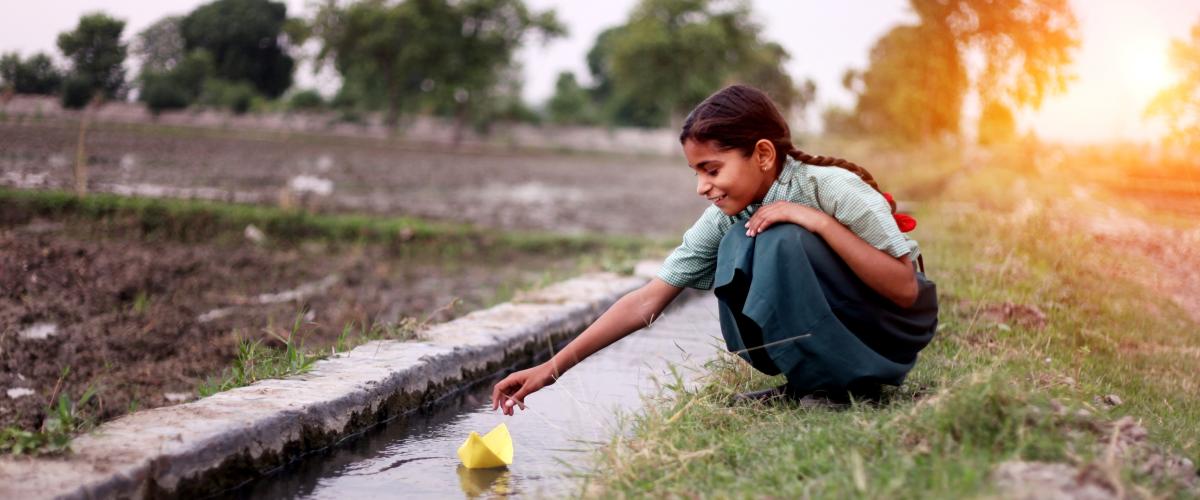
News
Early results of Climate Risk and Early Warning Systems initiative presented at climate change conference
By 2050, Fiji’s annual losses due to extreme weather events could reach 6.5 percent of Gross Domestic Product (GDP). This is because of the impact of climate change.
By 2050, Fiji’s annual losses due to extreme weather events could reach 6.5 percent of GDP because of the impact of climate change, with more than 32,000 people pushed into hardship every year, according to a significant new climate vulnerability study launched today at COP23 in Bonn, Germany.
The International Code Council (ICC) and the Bureau of Standards Jamaica (BSJ) recently signed a milestone memorandum of understanding to update Jamaica’s building codes.
Today, the first African Ministerial Conference on Meteorology (AMCOMET) Africa Hydromet Forum opened its doors to over 500 African leaders.
Urban resilience, no longer just a buzzword, is fast becoming part of the fabric of cities around the world, which need to ramp up strategies to ensure the wellbeing of their booming populations in the face of growing threats, experts say.
The World Bank’s Board of Executive Directors today approved US$50 million from the International Development Association for the Strengthening Critical Infrastructure Against Natural Hazards Project in Tajikistan.
A global initiative is gaining momentum to improve multi-hazard early warning systems and so boost the resilience of the most vulnerable countries to extreme weather and the impacts of climate change.
The link between poverty and disasters is becoming clearer – new research shows that extreme weather events alone are pushing up to 26 million people into poverty every year.
The World Bank’s Board of Executive Directors approved today grant financing for a project that is expected to help communities in the Marshall Islands – already vulnerable to recurring drought and flooding – prepare better for the impact of climate change.
